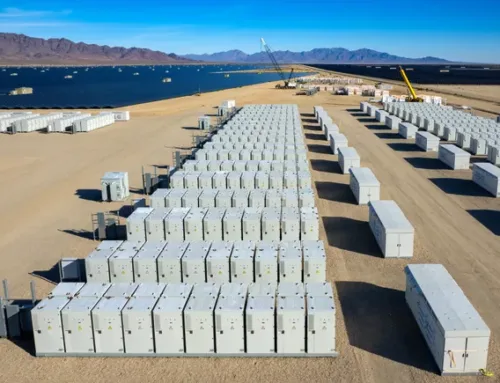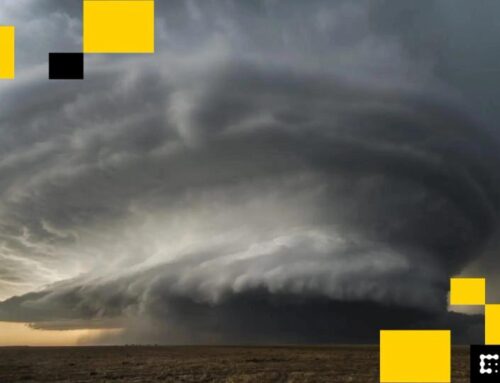Jeff Bezos is selling 25M Amazon shares
May 2, 2025
Jeff Bezos is planning to sell 25 million of his shares in Amazon, the e-commerce giant said in a regulatory filing, a sale that could net its founder and executive chair around $4.75 billion based on the stock’s current price.
The SEC filing said he planned to sell up to that number of shares “over a period ending on May 29, 2026, subject to certain conditions.” Bezos currently owns 909,414,000 shares, per Yahoo Finance data, around 8.58 percent of the company.
Why It Matters
Bezos is the world’s third richest man, according to Forbes, which puts his net worth at
$205.5 billion. The bulk of his wealth comes from Amazon, but he also owns space tech company Blue Origin and media business The Washington Post.
Amazon is facing a hard hit from U.S. President Donald Trump‘s tariffs and the retaliatory measures by trading partners. The firm in its quarterly report noted that “unpredictable shifts in global tariff and trade policies” would likely affect it.
It is a hub for Chinese sellers in Western markets, who account for “significant portions of our third-party seller services and advertising revenues, and China-based suppliers provide significant portions of our components and finished goods”.

Jeff Bezos attends the 2025 Vanity Fair Oscar Party Hosted By Radhika Jones at Wallis Annenberg Center for the Performing Arts on March 02, 2025 in Beverly Hills, California.
Axelle/Bauer-Griffin/FilmMagic
Amazon Prices and Tariffs
A plan to show the cost of tariffs next to prices on Amazon Haul products was walked back after the White House accused the firm of a “hostile and political act”. Amazon said this was never considered for its main website, nor implemented on Amazon Haul.
Trump later said he spoke with Bezos directly, and said the pair had a “great” call.
“Jeff Bezos was very nice. He was terrific. He solved the problem very quickly. And he did the right thing, and he’s a good guy,” Trump told reporters.
Trump’s tariffs—and responding retaliation from targeted countries, notably China— threaten to increase prices for both consumers and businesses.
Economists warn these import taxes will hike prices for a range of goods consumers buy each day and lead to worse inflationary pressure.
There’s a reason why the Trump administration responded the way it did to the Amazon speculation, explains Rob Lalka, a professor of business at Tulane University’s Freeman School—noting that such quick and harsh words from the White House signals concern about companies “redirecting customer frustration.”
At the same time, volatile tariffs put a lot on the line for businesses like Amazon—and those companies may have to play ball, too, while trying to be transparent with customers.
Many CEOs across industries have recently shared weaker outlooks due to the new— and at times on-again, off-again—import taxes.
And some big names have already raised prices while specifically pointing to the costs of tariffs, including Amazon rivals Temu and Shein.
Bezos Warms to Trump
Bezos has courted Trump’s favor in recent months, congratulating him on his election win, dining with him at his Mar-a-Lago resort in Florida, and canning a planned endorsement by The Washington Post of his Democratic rival, then-Vice President Kamala Harris.
The Amazon founder was one of a handful of powerful, ultra-wealthy tech titans who attended Trump’s inauguration in January—filling some of the most exclusive seats right behind the president.
But Trump’s relationship with much of the corporate world has been tested since, as the tariff wars he’s launched with nearly all of America’s trading partners continue to plunge companies into uncertainty.
This article includes reporting by The Associated Press.
Search
RECENT PRESS RELEASES
Related Post




